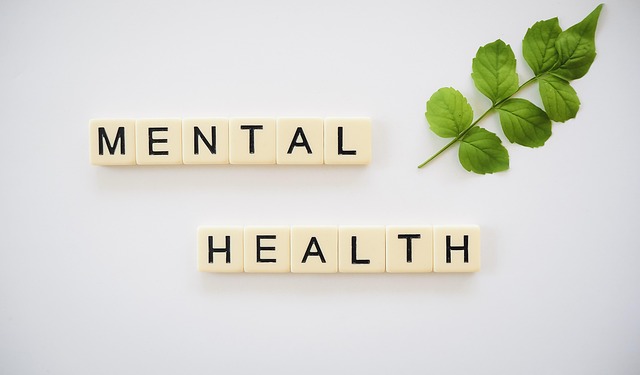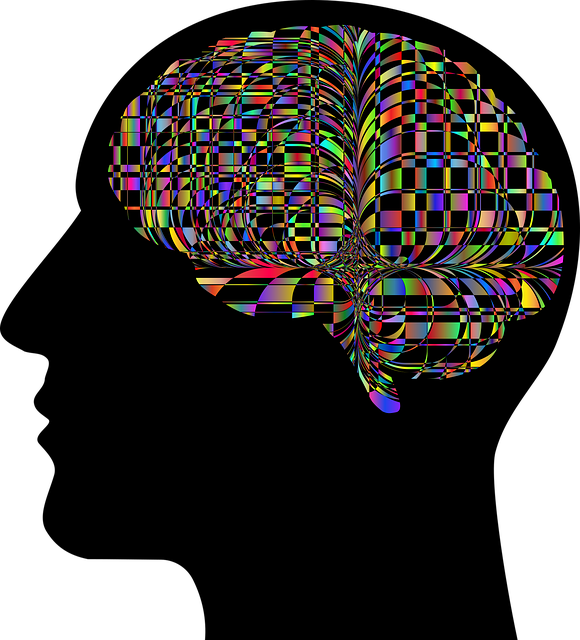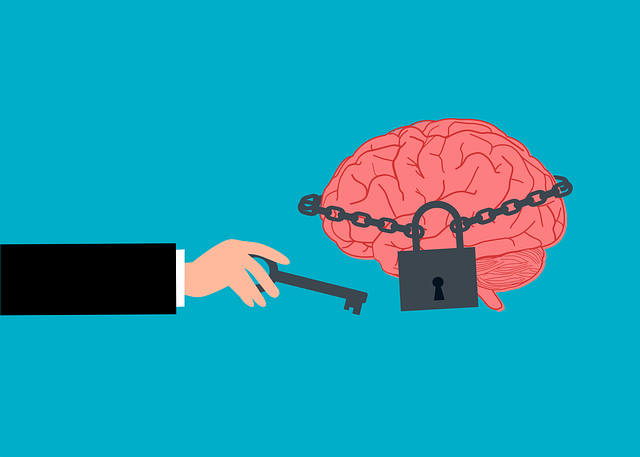Marketing strategies for a mental wellness app targeting adolescents with depression should emphasize Therapy for Adolescent Teens Depression by addressing unique challenges like emotional shifts and peer pressure. A teen-friendly app, offering discrete privacy settings, engaging visuals, and journaling exercises, can build self-esteem and resilience. Using empathetic language and digital tools like social media and podcasts to raise awareness, while fostering a supportive community through user-generated content and live sessions, empowers teens on their mental wellness journey.
In today’s digital age, mental wellness apps offer a promising avenue for adolescents struggling with depression. This article delves into a comprehensive marketing strategy development guide for therapy apps tailored to this demographic. We explore key aspects such as understanding the unique needs and challenges of adolescent teens, crafting empathetic messaging that resonates with them, utilizing digital platforms effectively for awareness, and building trust through engaging content strategies. By implementing these tactics, mental health app developers can reach and support those in need, providing accessible therapy for adolescent teens depression.
- Understanding the Target Audience: Adolescent Teens Struggling with Depression
- Creating a Compassionate and Effective Marketing Message
- Leveraging Digital Platforms for Mental Health App Awareness
- Building Trust and Community through Content Strategy
Understanding the Target Audience: Adolescent Teens Struggling with Depression

Understanding your target audience is a crucial step in developing an effective marketing strategy for a mental wellness app, especially when focusing on adolescent teens struggling with depression. This demographic faces unique challenges, often experiencing intense emotional shifts and pressure from peers, academics, and social media. Recognizing these struggles early can significantly impact their overall well-being and future resilience.
Marketing efforts should aim to connect with this audience by addressing their specific needs, such as providing accessible therapy for adolescent teens depression and offering tools to foster positive thinking. A mental wellness app designed with teen-friendly features, engaging visuals, and discrete privacy settings can encourage adoption. Incorporating features like journaling exercises and emotional intelligence guidance can empower users to take charge of their mental health in a supportive digital environment.
Creating a Compassionate and Effective Marketing Message

In crafting a marketing message for a mental wellness app tailored to adolescent teens dealing with depression, empathy and effectiveness are paramount. The language used should resonate with the target audience while conveying hope and support. Instead of focusing solely on symptoms, highlight the app’s ability to foster self-esteem improvement and resilience building through engaging features designed to provide trauma support services. Phrases like “understandable guidance,” “safe space for expression,” and “empowering tools” can effectively communicate compassion and address the unique needs of teens struggling with depression.
Leveraging Digital Platforms for Mental Health App Awareness

In today’s digital era, leveraging various online platforms is a powerful strategy to raise awareness about mental wellness apps, especially for targeted demographics like adolescent teens struggling with depression. Social media, with its vast reach, offers an ideal space to connect with this age group through engaging content that promotes self-awareness exercises and inner strength development. By creating compelling posts, stories, and even short videos, mental health advocates can break down the stigma associated with therapy for adolescent teens depression while showcasing the accessibility and benefits of these apps.
Additionally, utilizing mental wellness podcast series production allows experts to share insights, interviews, and practical tips related to mental health in an audio format. This medium appeals to a different set of users who prefer listening on-the-go, making it easier for individuals to access support while engaging in daily activities. Through strategic content planning, these digital platforms can effectively reach and assist those in need, fostering open conversations about mental wellness and encouraging the adoption of therapeutic apps.
Building Trust and Community through Content Strategy

Building a strong community and fostering trust is essential for any mental wellness app targeting adolescents with depression. Content strategy plays a pivotal role in achieving this. By creating engaging, informative, and relatable content, the app can establish itself as a trusted resource and ally for teens dealing with mental health issues. Sharing stories of recovery, featuring expert insights on therapy for adolescent teens depression, and offering practical tips for managing symptoms can demystify mental illness and reduce the stigma surrounding it.
Incorporating user-generated content, such as testimonials and success stories, further reinforces trust and creates a sense of community. Additionally, hosting live sessions with therapists or mental health advocates allows teens to connect directly with professionals, fostering open dialogue and encouraging questions. This approach not only educates users about therapy options but also empowers them to take control of their mental wellness journey, boosting confidence in their ability to seek help and recover from depression.
Developing an effective marketing strategy for a mental wellness app targeted at adolescent teens struggling with depression requires a multi-faceted approach. By understanding your audience, crafting compassionate messaging, leveraging digital platforms, and building trust through content strategy, you can significantly increase awareness and accessibility of therapy for adolescent teens depression. Remember, every interaction should be designed to create a sense of community and support, ensuring that teens feel heard, validated, and empowered on their journey towards mental wellness.














